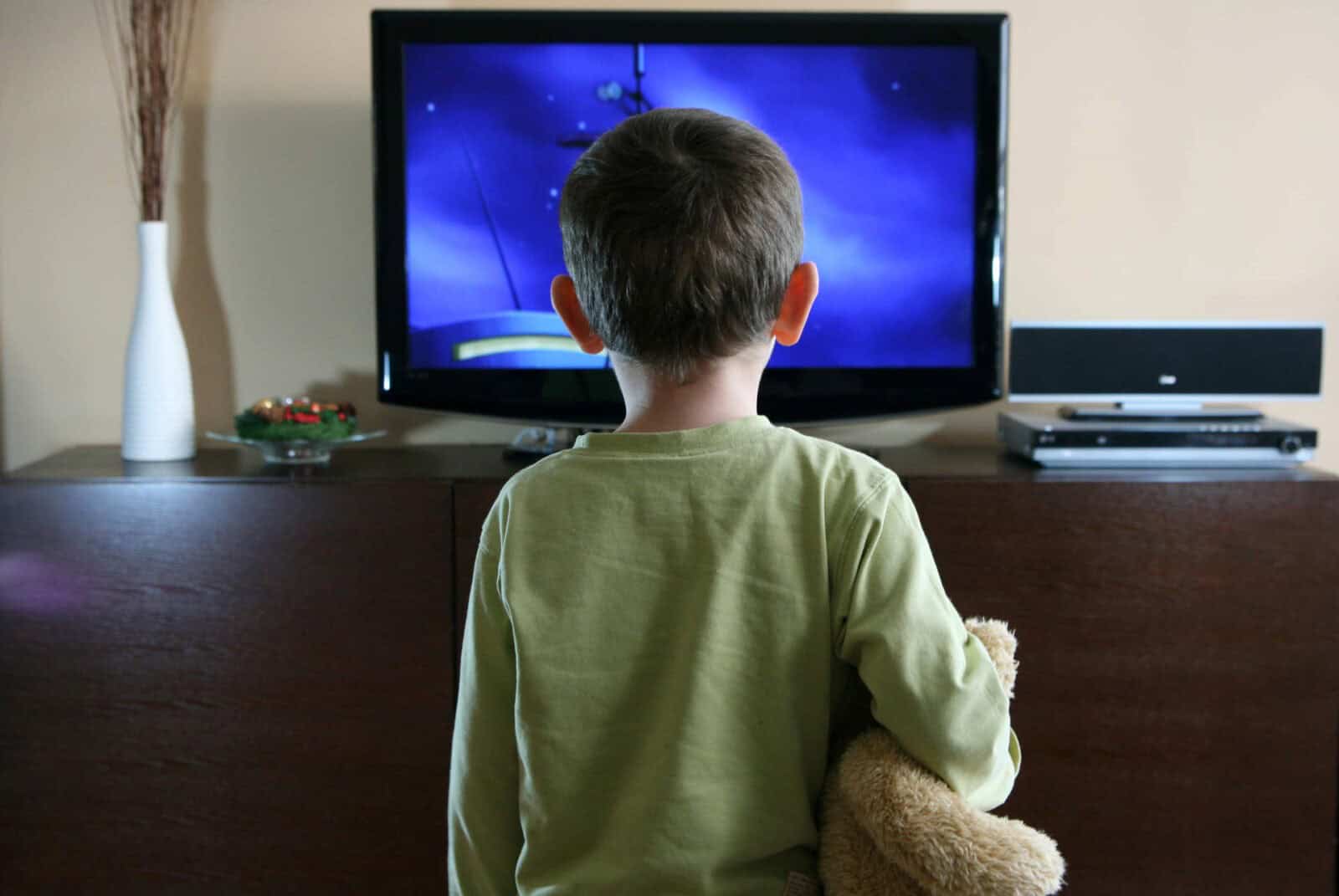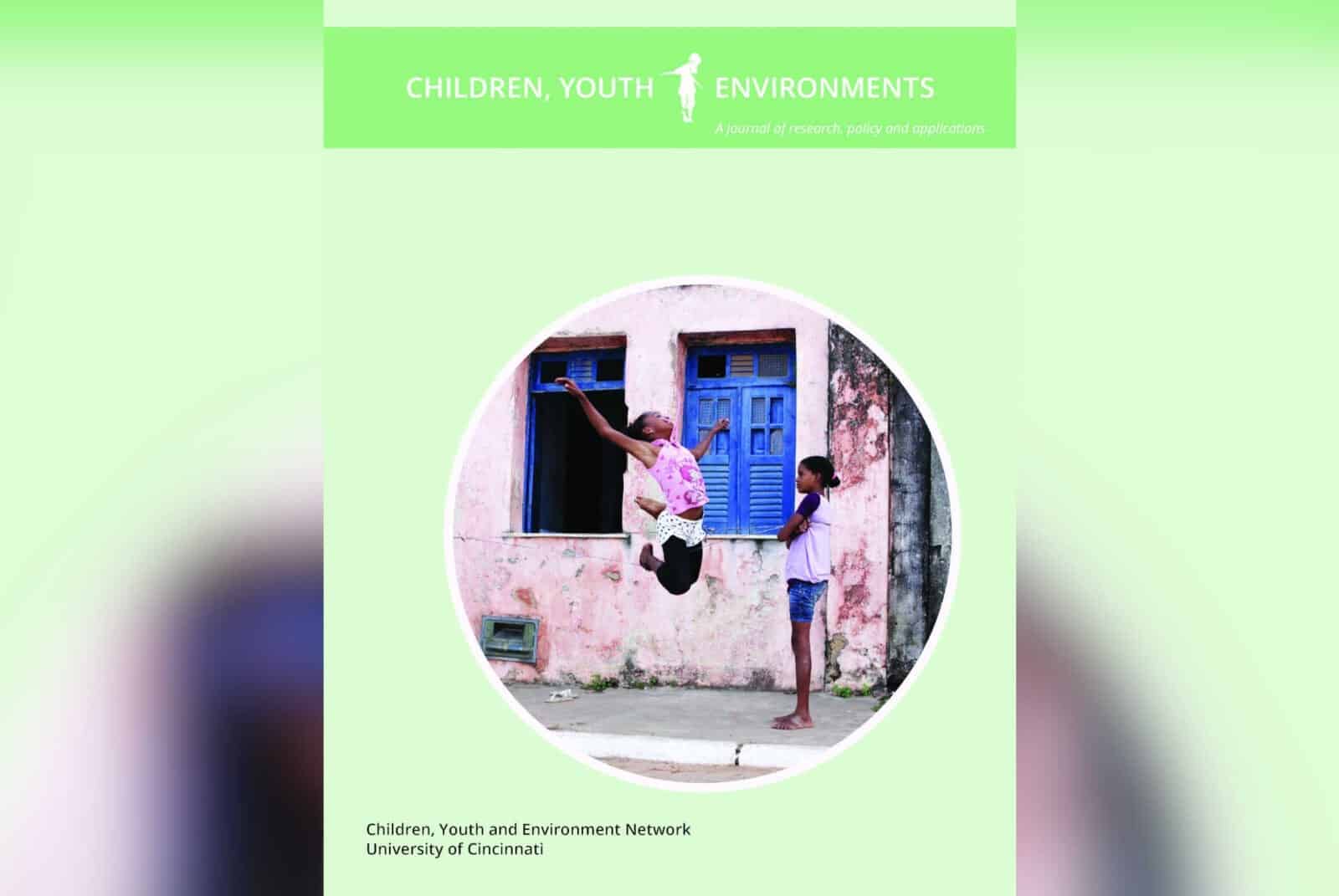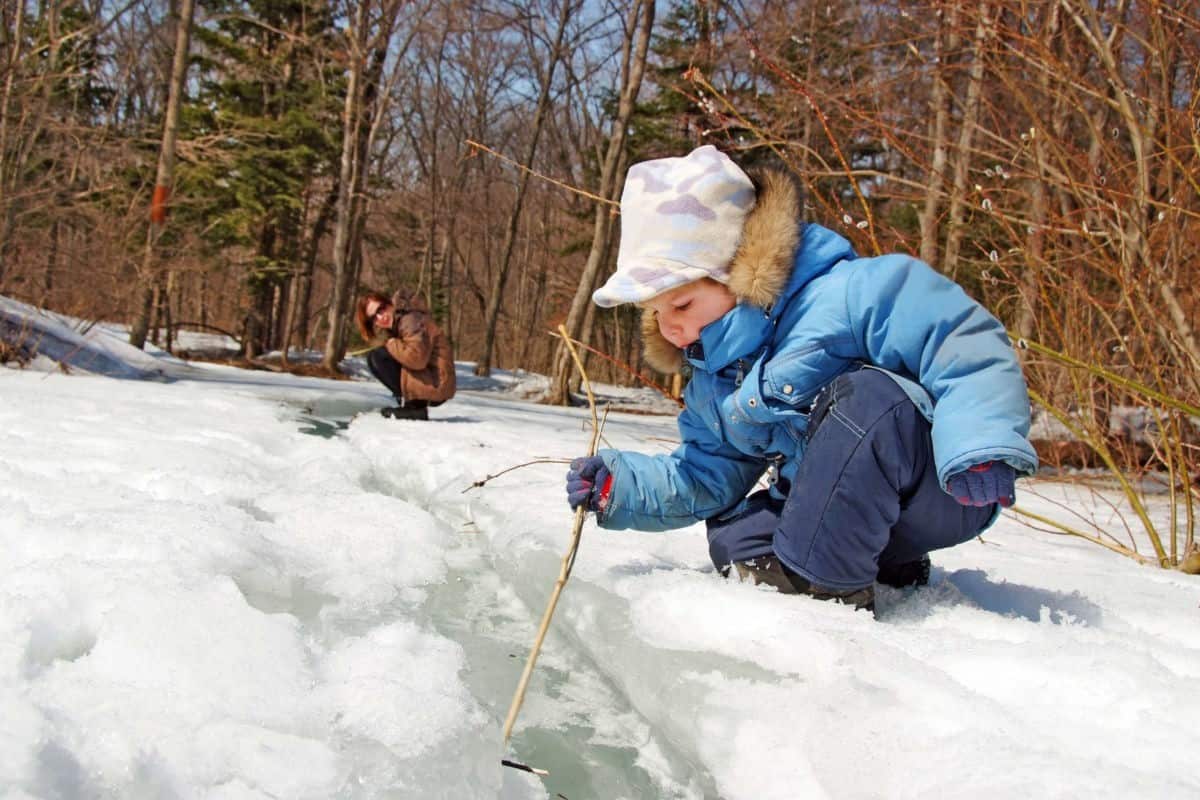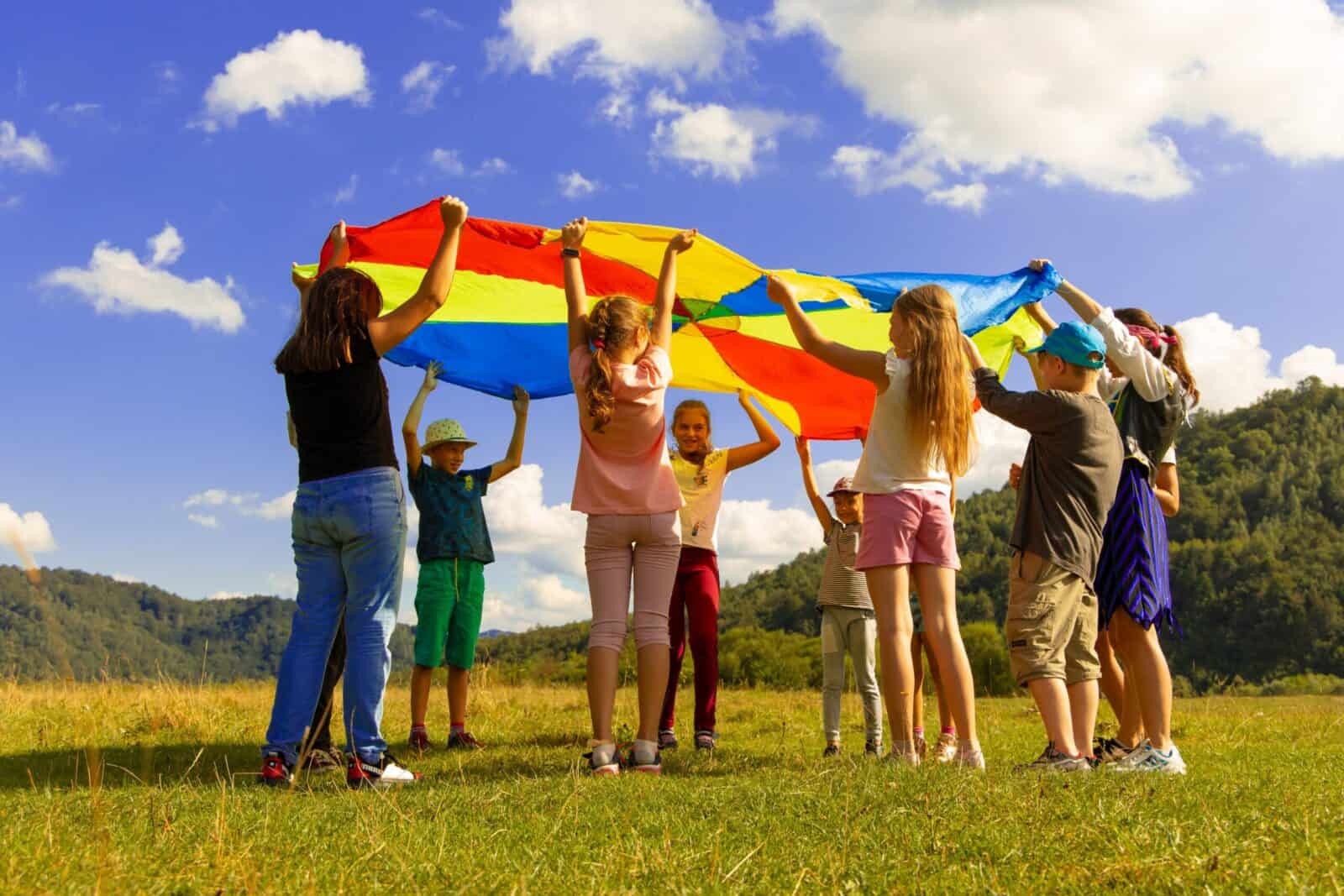Exposure to natural green environments can promote children’s mental well being
More and more parents, practitioners, teachers, and researchers are interested in how nature can be beneficial for children as place to learn,play, socially interact, and become connected. A growing body of research published in the last decade shows promising results that regular classes in natural green environments (e.g. EOtC – Education Outside the Classroom) can...











